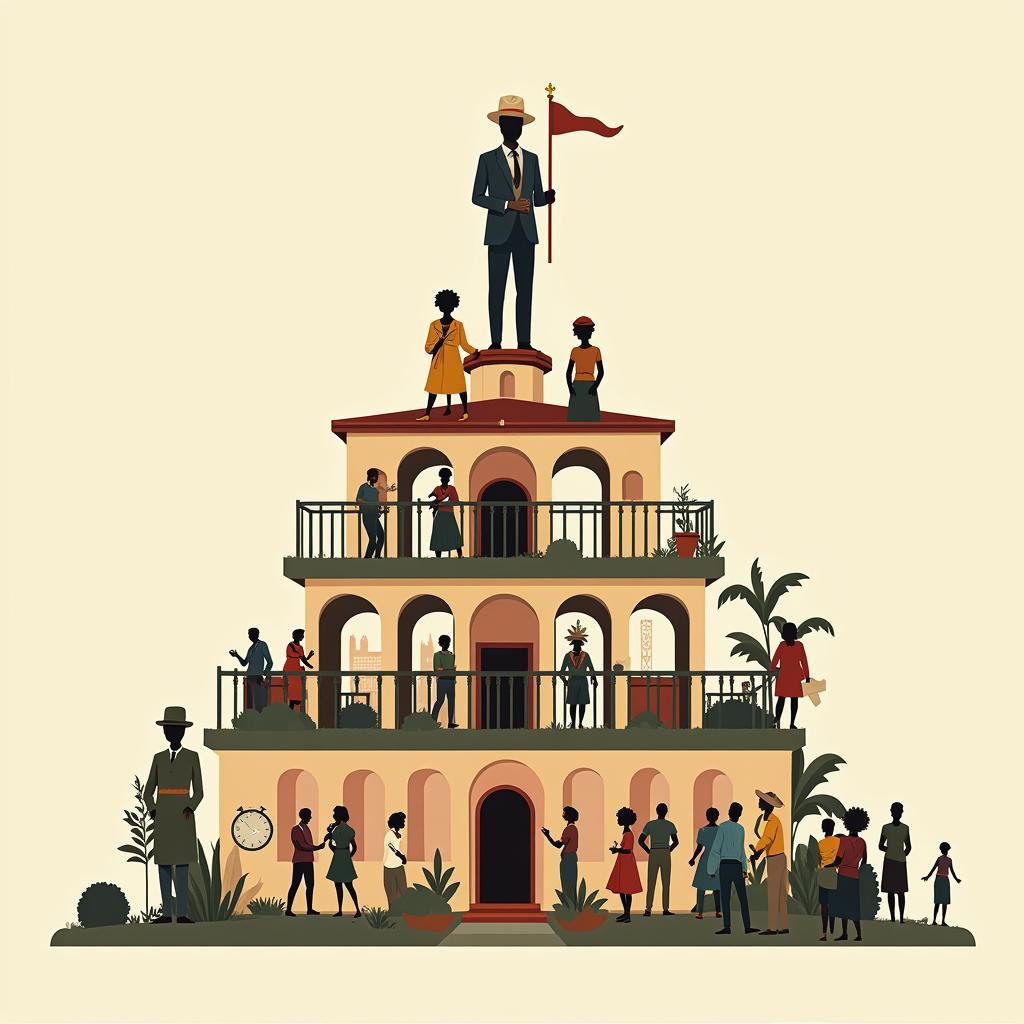The colonial elite, comprising individuals who held significant political, economic, and social power during the age of colonialism, often justified their dominance through a complex and often contradictory set of beliefs and ideologies. Understanding how the colonial elite viewed their role in society necessitates delving into the historical context, cultural biases, and economic motivations that shaped their perspectives.
Justifying Dominance: A Belief in Superiority
A pervasive belief in the inherent superiority of the colonizers played a crucial role in shaping the worldview of the colonial elite. This sense of superiority manifested itself in various forms, often drawing upon prevailing racial and cultural prejudices. European colonizers, for instance, frequently viewed themselves as bringing civilization and enlightenment to the “uncivilized” or “backward” native populations. This paternalistic outlook, rooted in Eurocentrism, provided a convenient justification for their dominance, casting colonialism as a benevolent enterprise aimed at uplifting the colonized.
 Depiction of Colonial Hierarchy
Depiction of Colonial Hierarchy
The White Man’s Burden: A Civilizing Mission?
The concept of the “White Man’s Burden,” popularized by Rudyard Kipling’s poem, encapsulates this notion of a civilizing mission. The colonial elite often saw themselves as duty-bound to impart their values, beliefs, and systems of governance to the colonized populations. This self-proclaimed responsibility extended to various aspects of life, from introducing Western education and legal frameworks to imposing European cultural norms. However, this perceived burden often masked a more self-serving agenda.
Economic Imperialism: Profit and Exploitation
Beyond any altruistic pretenses, the colonial elite’s role in society was deeply intertwined with economic interests. Colonialism, at its core, was driven by the pursuit of profit and resources. The colonial elite, often comprising merchants, plantation owners, and administrators, directly benefited from the exploitation of colonial territories.
 Colonial Resource Extraction
Colonial Resource Extraction
They established systems of control that funneled wealth and resources back to the colonizing power, often at the expense of the indigenous populations. This economic exploitation further reinforced the elite’s perception of their own superiority, equating material wealth with social and cultural advancement.
Maintaining Control: Divide and Rule
To maintain their grip on power, the colonial elite often employed a strategy of “divide and rule.” This tactic involved exacerbating existing social and ethnic divisions within the colonized societies. By pitting different groups against each other, the colonial elite could effectively weaken resistance and maintain control with a smaller military presence. This manipulation of social structures further cemented their position of power, ensuring the continuation of their privileged status.
Legacy of Colonialism: A Complex and Contested History
The legacy of colonialism continues to shape the world today, leaving behind a complex tapestry of social, economic, and political challenges. Understanding how the colonial elite viewed their role in society is crucial to unpacking this legacy and addressing its ongoing impact. While some may attempt to romanticize the colonial era, it’s essential to acknowledge the inherent exploitation and injustice upon which it was built.
The Society For Peace strives to foster understanding and reconciliation by confronting the uncomfortable truths of the past and working towards a more just and equitable future for all.
Need help? Contact us at:
Phone Number: 02043854663
Email: [email protected]
Address: Khu 34, Bắc Giang, 260000, Vietnam.
Our customer service team is available 24/7.